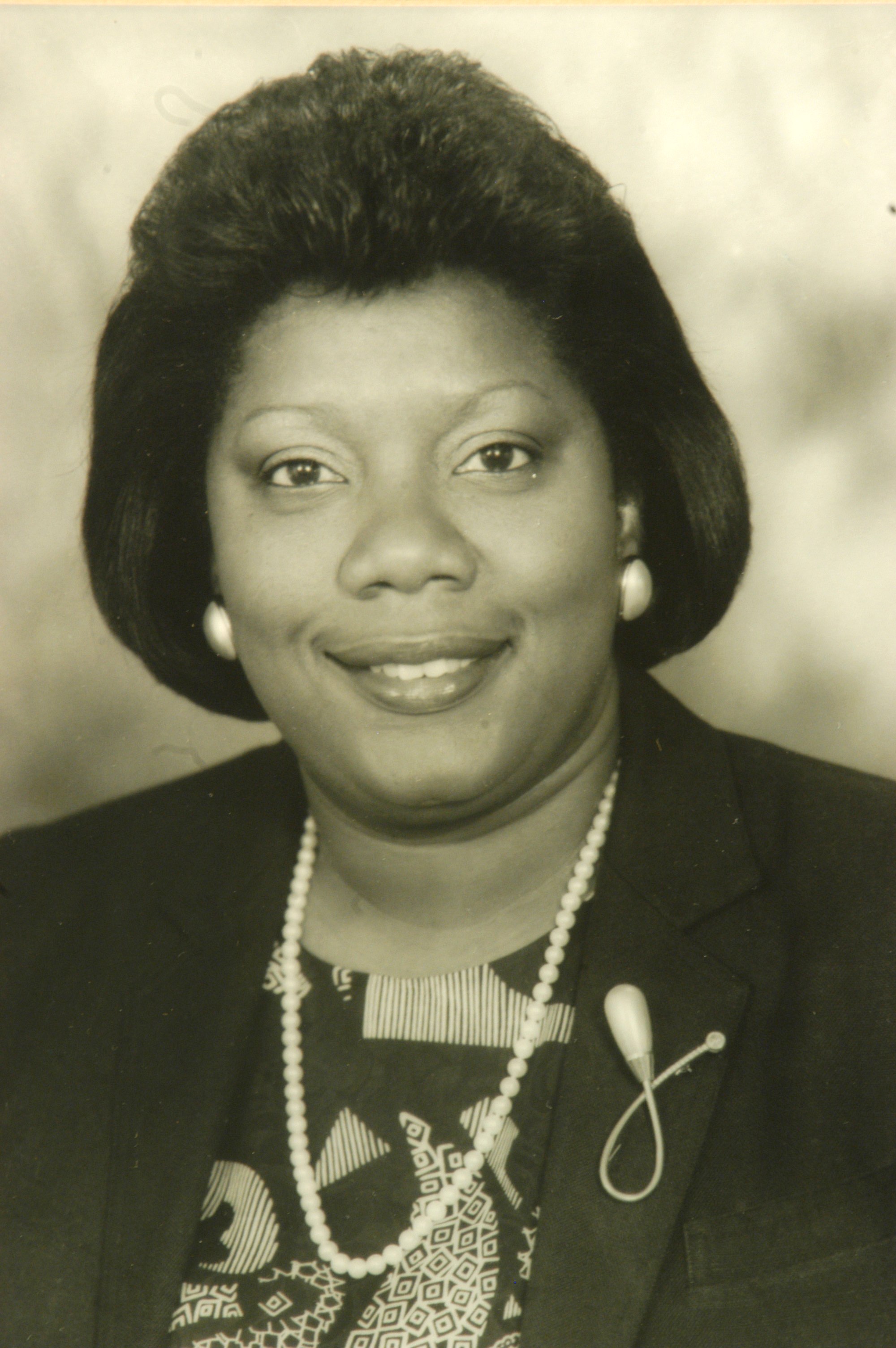64 Knutsford Boulevard, Kingston 5 Jamaica, West Indies
The 80s began with more social unrest. Labour disputes were playing out across sectors of government and Jamaica saw an 8% decline in tourist arrivals.
Cruise tourism was affected as eight lines decided to exclude Jamaica as a port of call in 1980. Air Jamaica ceased operating charters out of the European market.
The reduction in visitor arrivals had serious repercussions throughout the entire industry. Some hotel operators closed their doors, resulting in decreased room and bed availability and the lowering of employment by 18.6%.
Following the October 1980 General election, the JTB embarked on a ‘rebuilding project’. Interviews were secured on major talk shows: 60 Minutes, Face the Nation, and Good Morning America. Television was now the prime medium for advertising and to seal the deal, a CBS musical special with Harry Belafonte was filmed in Ocho Rios in the summer of 1980.
The establishment of a Ministry of Tourism in late 1980 signalled another level of the government’s commitment to building the industry.
![]() Private local ownership of hotels was increasing as the all-inclusive model gained popularity. During this period, the majority of accommodations on the island were Jamaican-owned. The JTB published the successful Hotel Value Guide to showcase the range of options and value for money available to visitors.
Private local ownership of hotels was increasing as the all-inclusive model gained popularity. During this period, the majority of accommodations on the island were Jamaican-owned. The JTB published the successful Hotel Value Guide to showcase the range of options and value for money available to visitors.
A Jamaica All Ashore Cruise Video followed as the cruise industry gradually rebounded
 In 1984, Carrole Guntley became the first woman to be appointed to the role of Director of Tourism. It was under her tenure that Jamaica achieved the milestone of 1 million visitors in a single year in 1987, earning the reputation as a year-round destination.
In 1984, Carrole Guntley became the first woman to be appointed to the role of Director of Tourism. It was under her tenure that Jamaica achieved the milestone of 1 million visitors in a single year in 1987, earning the reputation as a year-round destination.
Training for industry workers got a boost as the JTB assisted in the establishment of the Runaway Bay HEART (Human Education and Resource Training) Academy. This became an important component of the industry’s training infrastructure.
Recognizing the value of the South Coast to the industry, JTB opened its Mandeville office in 1988.
After a devastating hurricane in September 1988, which forced some hotels to operate at limited capacity or close, the country recovered quickly. Not withstanding, the industry once again hit the 1 million visitors mark that year
An intensified advertising campaign, “Jamaica is Better Than Ever”, targeted spot and cable television, newspapers and magazines.
